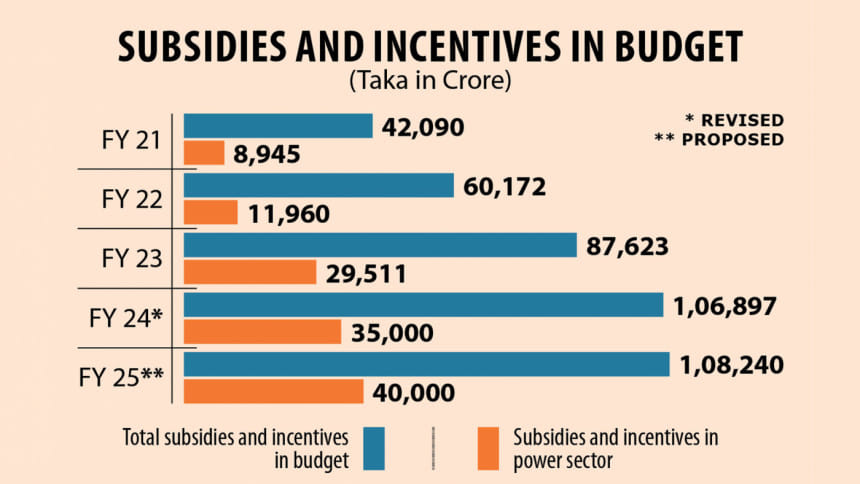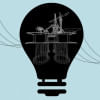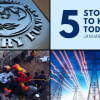Power gets a third of Tk 108,240cr subsidies

More than a third of the subsidies allocated in the new budget is for the power sector due to what experts say is the huge spending on capacity charges.
The large sum of subsidy has raised eyebrows as the government increased electricity prices several times since January last year.
Currently, the power generation capacity is around 26,000 megawatts while the highest generation was recorded at 16,477MW on April 30 this year.
Finance Minister AH Mahmood Ali in his budget speech said 27 power plants with a combined capacity of 9,144MW were being constructed.
All sectors combined, subsidy allocation for the fiscal 2024-25 is Tk 108,240 crore, of which the power sector will get Tk 40,000 crore, or 37 percent of the total.
In the current fiscal year, the power sector got Tk 35,000 crore of the total Tk 106,897 crore subsidy.
For many years before 2021-22, subsidies for the sector used to be between Tk 7,000 crore and Tk 9,000 crore.
According to a study by the Centre for Policy Dialogue (CPD) last year, most of the subsidy money was spent to pay capacity charges, a fee paid to private power plants whether they produce electricity or not.
Capacity payments reached Tk 28,000 crore in 2022-23, a major leap from Tk 5,600 crore in 2017-18, said the study.
In the current fiscal year, it was Tk 32,000 crore, according to officials of Bangladesh Power Development Board (PDB).
Contacted, Mohammad Hossain, director general of the Power Cell, said, "It is not true that the subsidy money is spent to pay capacity charges. The PDB buys electricity from the Independent Power Producers at a higher rate than we sell [at a lower rate] to the distributor companies and consumers. What we get as subsidy is used to fill the up."
The PDB pays for gas and fuel used by the power plants, he said. "The volatile prices of fuel in the global market and devaluation of the taka against dollar are raising power generation costs.
"We only slightly increased power prices and have plans to hike more. But we are still spending more for each unit of electricity."
Khondaker Golam Moazzem, research director at the CPD, said capacity payments and higher energy prices in the international market were making the subsidy necessary in 2024-25.
Even after raising power prices several more times, the government will still need to subsidise the sector because power plants that are in the pipeline will soon require capacity charges, he said.
By retiring the inefficient and old power plants and getting rid of the provision for capacity charge when a plant does not produce electricity, the government can reduce the burden, he said, but the focus is not there.
The government has plans to raise power tariffs three to four times a year to lower subsidies over the next three years.
Electricity price was raised by 8.5 percent in February this year and thrice by 5 percent each last year.
A finance ministry official, requesting anonymity, said, "Power price is being raised slowly while generation costs have risen rapidly."
Prof Mohammad Tamim, former adviser to a caretaker government, said, "If subsidy is withdrawn, the cost of power will rise and drive up inflation."
In the new budget, the government allocated Tk 7,000 crore for importing liquefied natural gas (LNG), up from Tk 6,000 crore in the current fiscal year.
OTHER SUBSIDIES
Considering the rising costs of living, food subsidy has been raised to Tk 7,250 crore from the current year's Tk 6,916 crore.
Ahasanul Islam Titu, state minister at the commerce ministry, told a press conference yesterday that more people will get subsidised food.
"We plan to have shops in designated areas under the Open Market Sale programme," he said.
In the agriculture sector, Tk 17,533 crore was allocated in the proposed budget last year, but the amount reached Tk 25,644 crore in the revised budget. In the new budget, the amount is Tk 17,261 crore.
The government will provide Tk 9,025 crore to the export sector in the form of incentives.


 For all latest news, follow The Daily Star's Google News channel.
For all latest news, follow The Daily Star's Google News channel. 









Comments